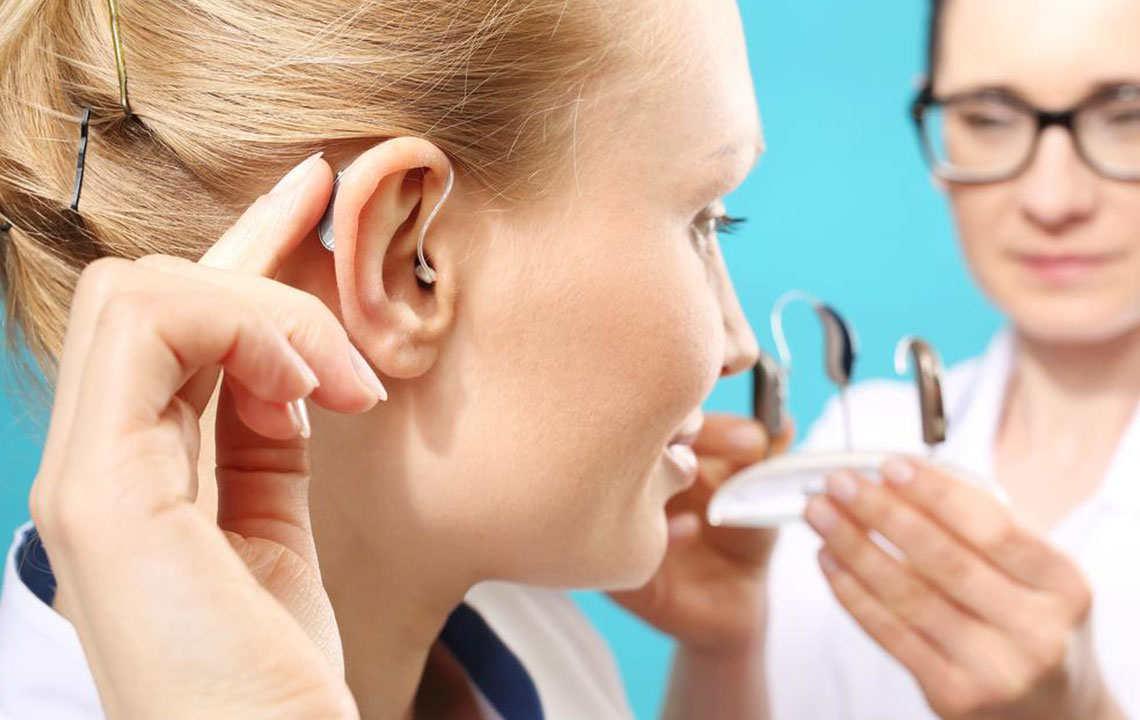
Hearing Aids–What choices do you have today?
People who have hearing loss have a lot of options today than the bulky hearing aids of the last decade. Apart from sleeker designs, hearing aids are being developed to sustain through various ambient conditions. Most doctors will tell you that there are many types of hearing aids depending on the level of your deafness and the anatomy of your ear. The different types of hearing aids may vary from person to person. Some of the most common hearing aids:
- Invisible-In-The-Canal (IIC): This hearing aid is inserted deep into the ear canal so that it is entirely invisible when you wear it. These are designed to be worn and removed daily so that the health of your ears is maintained.
- Completely-In-Canal (CIC) : These hearing aids are custom-made to fit the ear of the person. They are placed completely inside the ear canal. However, one small part can be seen outside the ear canal. This visible part is used to insert and remove the hearing aid. It is used for mild to moderate levels of deafness.
- In-The-Canal (ITC) : These are also custom made to fit inside the ear canal depending on your ear size. These are visible slightly outside the ear since it is risky to insert them completely. They are used by people who have partial deafness.
- In-The-Ear (ITE): These are custom made to fit inside the ear. They are not inserted deep inside and are easily visible as well. These are used by patients who have an extremely mild hearing loss.
- Receiver-In-Canal (RIC): This is barely visible when it is worn and consists of a speaker and a receiver that is inside the canal of the ear. It does not use plastic tubes, and electrical wires are used instead. This helps in removing the distortion. These type of hearing aids are very comfortable to wear and remove.
- Behind-The-Ear (BTE): A plastic tube directs the sound inside the ear, and an ear mold holds the piece together by fitting it behind the ear. It is used for very mild hearing loss.
- Body worn hearing aids: These hearing aids contain a small box that is attached to the collar or t-shirt or can even be put in the pocket. These are connected by earphones and can be very powerful in enhancing the hearing capability.
Although hearing aids do not solve the problem of hearing altogether, they do allow a person to lead a relatively normal life and remain independent.




